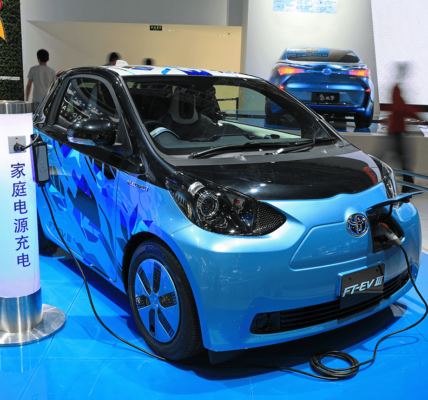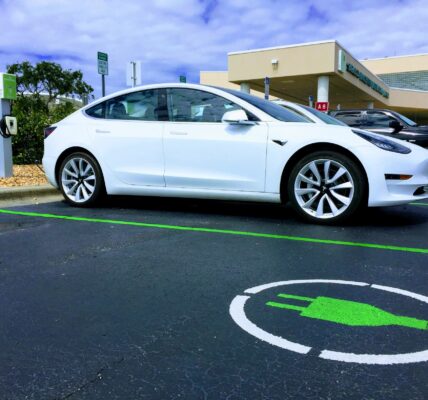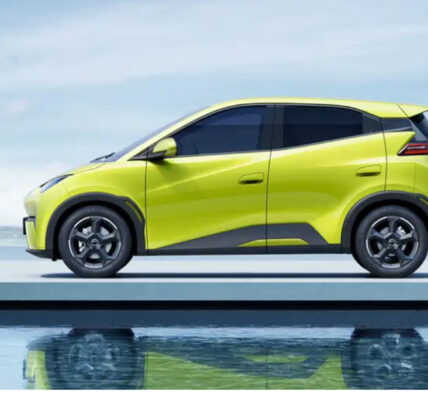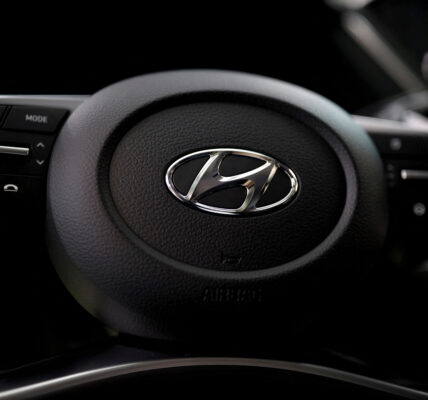China’s auto exports surged 63.7 per cent in 2023, while domestic sales, boosted by year-end incentives, rose 4.2 per cent, an industry association has said.
The surge in exports, to 4.1 million according to the China Association of Automobile Manufacturers, may propel China past Japan as the world’s number one exporter of cars. Japan exported 3.6 million cars in the first 11 months of the year, with a final tally expected on January 31.
Chinese automakers have aggressively expanded exports in search of growth missing at home as China’s economy slows. They have also pushed into electric vehicles as government subsidies transformed China into the world’s largest EV market, even as car sales have stagnated overall.
Auto sales inside China totalled 21.9 million cars last year, down from a peak of about 24 million in 2017.
An explosion in sales to Russia helped drive up China’s exports in 2023, as European and Japanese makers pulled back because of the war in Ukraine. China exported 840,000 vehicles to Russia in the first 11 months of last year, including trucks and buses as well as cars.
The China Passenger Car Association said earlier this week that demand in Russia and neighbouring countries is slowing and future export growth will depend on an expansion of EV sales overseas. Chinese EV makers have targeted markets in Southeast Asia, Europe and Australia, among others.
A Chinese shipyard delivered the country’s first domestically built freighter to transport cars this week, the builder, CIMC Raffles Group, said in an announcement posted on social media. The BYD Explorer No. 1, which can carry 7,000 vehicles, is being loaded at two ports before departing for Europe. BYD, which is leasing the ship, is China’s biggest maker of EVs.
“The successful delivery of the project has further consolidated the international leading position of China’s shipbuilding companies in the field of automobile carriers and opened up a new route for China’s car companies to go overseas,” the post read.
The manufacturers association does not provide a breakdown for electric vehicles, but data released by the passenger car association showed that electric vehicles accounted for 24 per cent of new car sales in China in 2023, up from 12 per cent in 2021. Including hybrids, the share of new-energy vehicles in total sales reached 36 per cent last year.
The Tesla Model Y was the best-selling electric vehicle in China last year, with 646,800 units sold, followed by the BYD Song sedan at 428,600 units, according to the passenger car group.
The Model Y retails for CN¥266,400 to CN¥363,900 (US$37,500 to US$51,200), according to the Tesla website, and the BYD Song for CN¥129,800 to CN¥159,800 (US$18,300 to US$22,500).
Bill Russo, founder of the Automobility consultancy in Shanghai, said Chinese firms have democratised the electric vehicle by driving down its price. The next challenge will be to convince buyers that an EV can meet their driving needs. But the first step is to make it available at a price that will get them to consider one, Russo said.
“That’s the paradigm that the Chinese have broken, that you can make an EV affordable,” he said in a recent interview. “What China is doing with the EV is, it’s using its domestic market to generate economies of scale that it can then take internationally.”
Fitch Ratings said in a report last month that it expects the share of new-energy vehicles, including hybrids, in China’s total sales to rise to 42 per cent to 45 per cent in 2024. It also projected that exports would grow 20 per cent to 30 per cent this year.
The European Union, concerned about rising imports from China, opened a trade investigation last year into Chinese subsidies for electric vehicles. The investigation is ongoing.
The Chinese manufacturers association said the total sales of all vehicles, at home and abroad and including trucks and buses, reached the 30-million-unit milestone in 2023, a 12 per cent rise over the previous year. It forecast growth would slow to about three per cent this year.






